
Holding chaos at bay in the quantum world
Researchers have found that quantum systems in a frozen state can be stabilized long enough to be a useful strategy for preserving information before it disappears.

Researchers have found that quantum systems in a frozen state can be stabilized long enough to be a useful strategy for preserving information before it disappears.
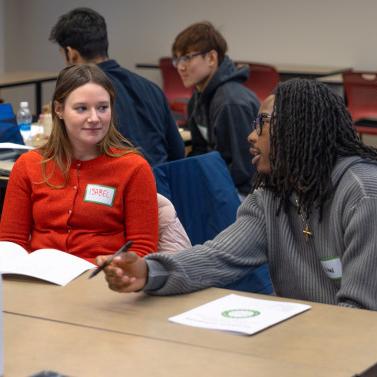

On a Saturday morning in February – the coldest day yet of a cold winter – more than 350 students trekked to Statler Hall for an innovative new course on civics.

“It’s striking that Anthropic appears caught off guard by how its model is being used," says government professor Sarah Kreps, director of Cornell’s Tech Policy Institute.
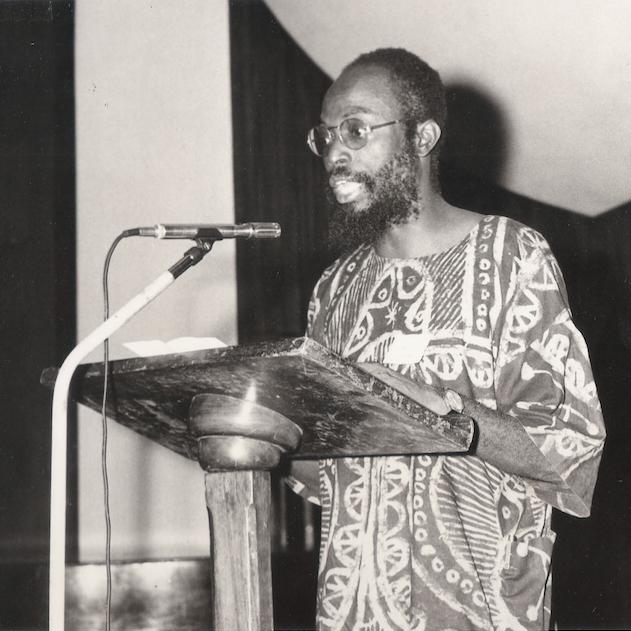
Biodun “BJ” Jeyifo, a leading literary critic and cultural theorist known for his analysis of modernity and its attendant social and cultural crises, died Feb. 11 in Lagos, Nigeria. He was 80.
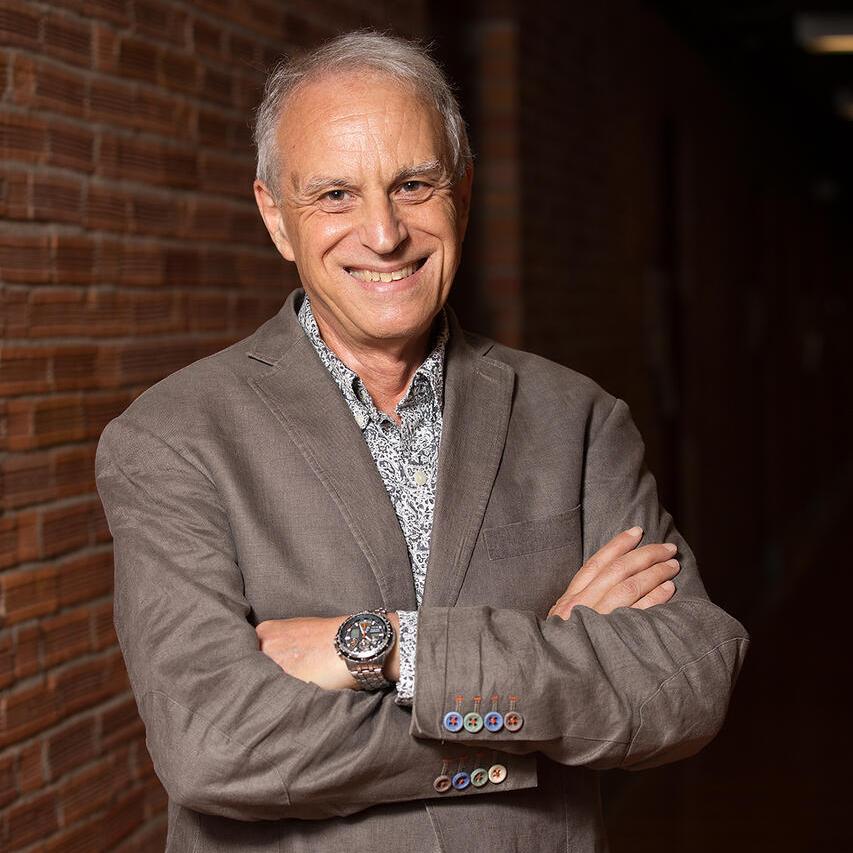
Daniel Gold, a professor of Asian studies emeritus in the College of Arts and Sciences, died on Feb. 16 in Ithaca. He was 78.
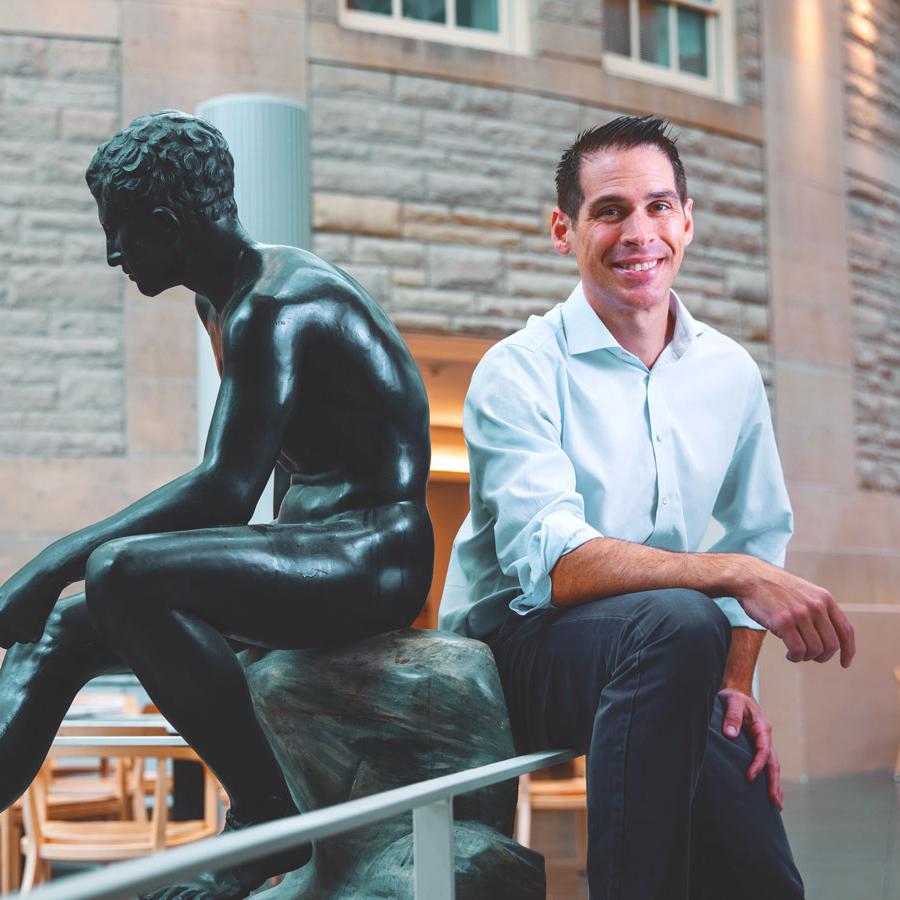
In early February, classics professor Mike Fontaine tapped the expertise he gleaned from writing How to Tell a Joke to address a very modern phenomenon: the current push by many companies for a return to the office.


Cornell researchers have developed an online module, running just over an hour in length, that can be offered as a way to instill concepts of critical thinking early in a student’s academic journey.
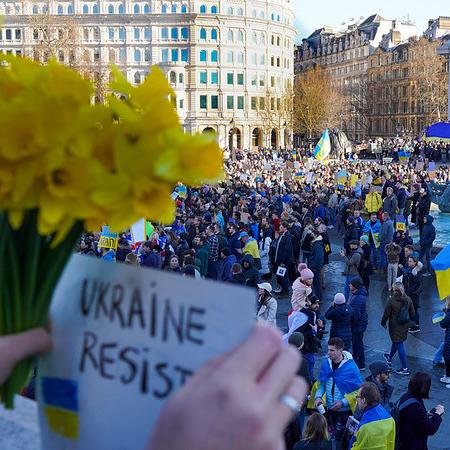
On the fourth anniversary of Russia’s full-scale invasion of Ukraine, what’s notable is the lack of change in the last year, says David Silbey, a professor at Cornell University who specializes in military history and defense policy.
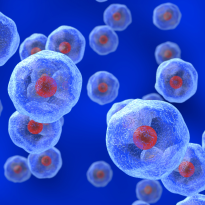

Cornell researchers have uncovered a built-in molecular “gate” that controls the production of the molecule nitric oxide, a crucial signaling molecule throughout biology that in humans helps regulate blood pressure, brain signaling, and immune defenses. But when levels go unchecked, it can damage cells and disrupt normal signaling.


Researchers discovered electron transfer in electroactive bacteria is mediated by CymA proteins’ ability to synchronize and form a biomolecular condensate in the cell’s inner membrane.
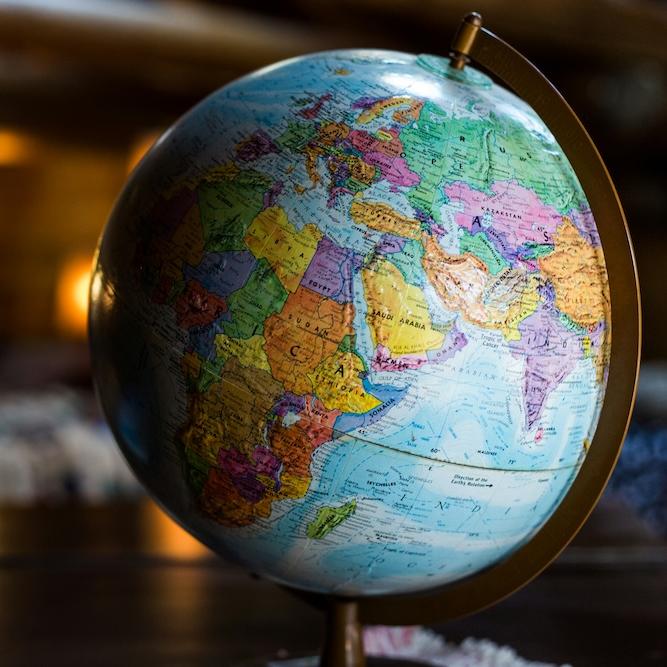

Two Cornell researchers collaborated with colleagues in the United Kingdom in an effort to understand the organized violence of modern war.

Cornell faculty, staff, students and community members celebrated the 95th birthday of Toni Morrison, M.A. ’55, by unveiling a new historical marker in front of 513 N. Albany St., where she lived while in graduate school.


Rory Guilday ’25 won a gold medal and Brianne Jenner ’15 and Kristin O'Neill ’20 took silver in women’s Olympic hockey.
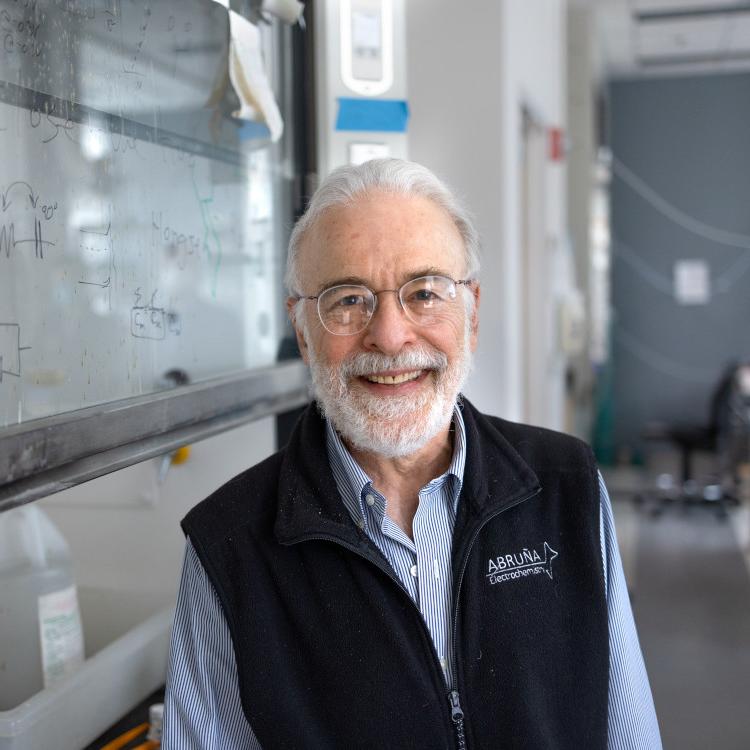
The Gustavus John Esseln Award for Chemistry in the Public Interest from the Northeastern Section of the American Chemical Society honors outstanding achievement in scientific and technical work that contributes to public well-being.

This month’s featured titles by A&S alumni and faculty include a look at the urban-rural divide, a biography of an anti-poverty activist, and a business guide for "winning dream jobs, awards, and elite opportunities.”

Bayu Ahmad, a doctoral candidate in chemistry and chemical biology, studies the use of organic chemistry for sustainable applications under the guidance of Phillip Milner at Cornell.
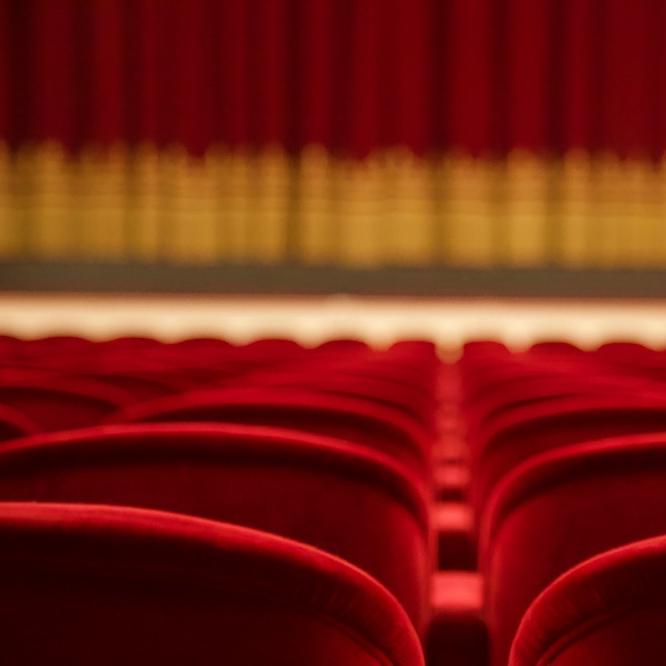
Masi Asare of Northwestern University and arts journalist Billy McEntee have been named winners of the 2024-25 George Jean Nathan Award for Dramatic Criticism.
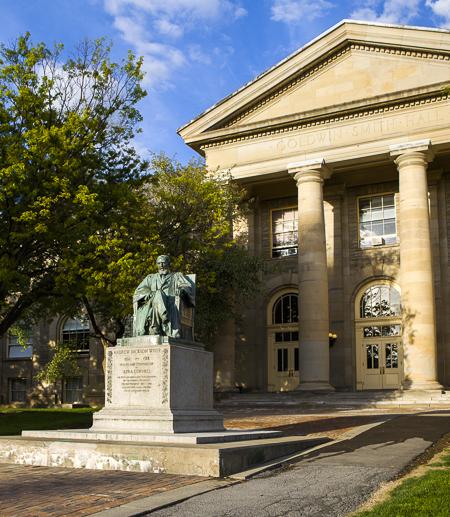

Named for Cornell’s first president, the program sponsors scholars and public intellectuals in the life sciences, physical sciences, humanities, social sciences and the arts and this semester features several connections with the College of Arts and Sciences.
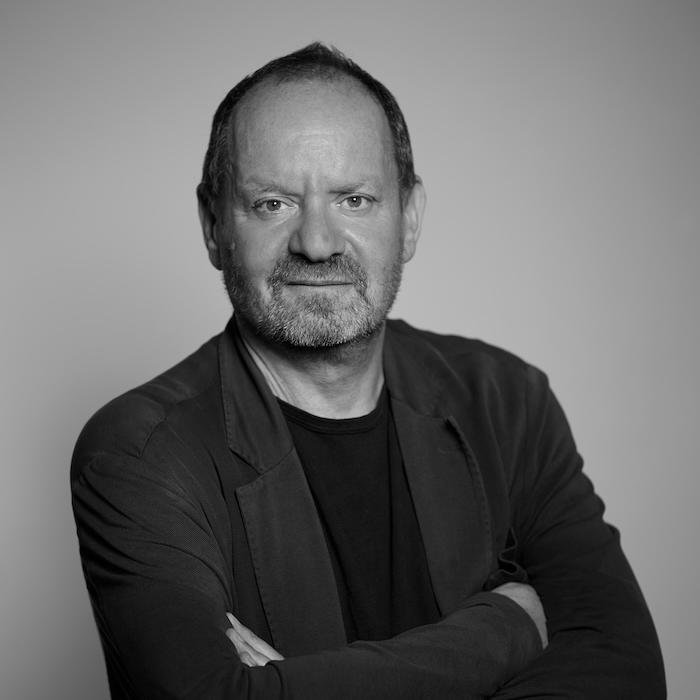
Scholar of law Philippe Sands will give the LaFeber-Silbey Lecture in History on March 5, considering "Lessons from History and Literature, from Nuremberg to Pinochet and Beyond.”
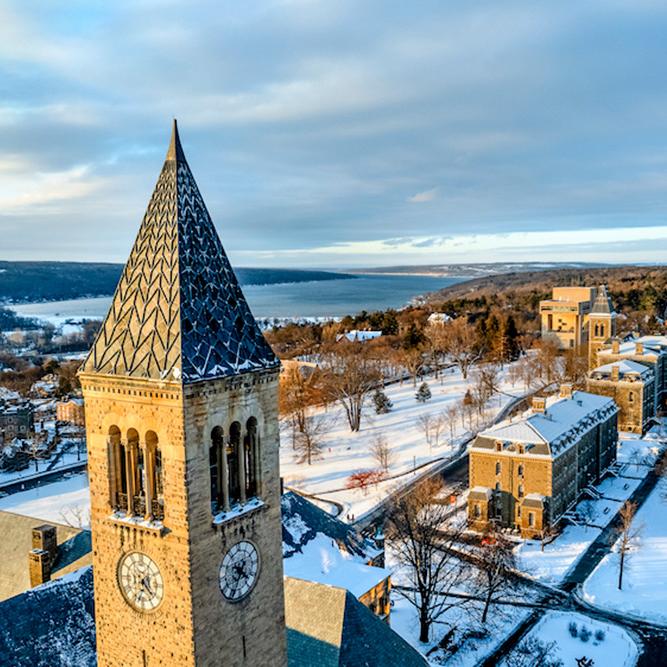

Five Cornell faculty members are among 126 early-career researchers across North America who have won 2026 Sloan Research Fellowships from the Alfred P. Sloan Foundation.
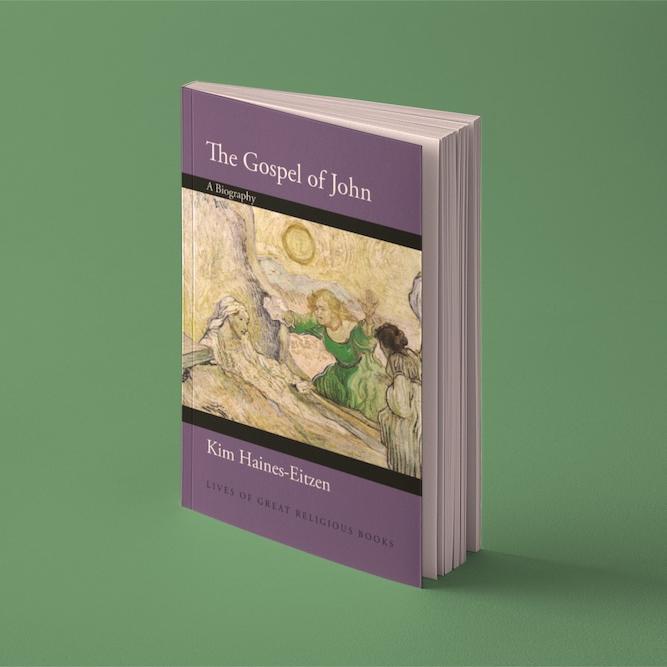
The fourth Gospel of the New Testament holds many of the Bible’s most well-known passages, but also some of its controversies.
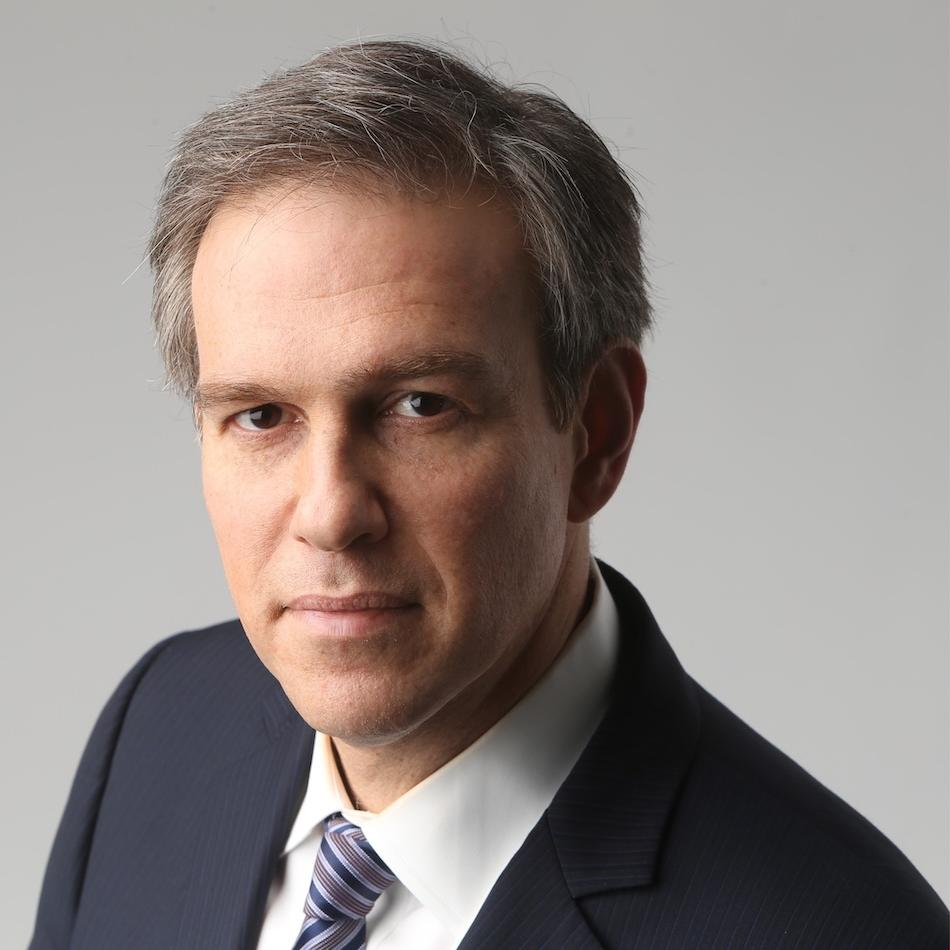
The pair will offer a wide-ranging conversation, “On Democracy, Conservatism and Journalism."

The Department of Music is honoring the late Steven Stucky, Pulitzer Prize-winning composer and beloved Cornell professor, with a series of concerts.

Ayshwarya Subramanian researches diabetic kidney disease, the leading cause of kidney failure worldwide, affecting 30% to 50% of people with diabetes.

A Teagle Foundation grant will help fund the course and open pathways to higher education.

Christian Gant-Madison's '25 platform will use AI to connect youth to jobs, skill development opportunities, civic education information and social resources.
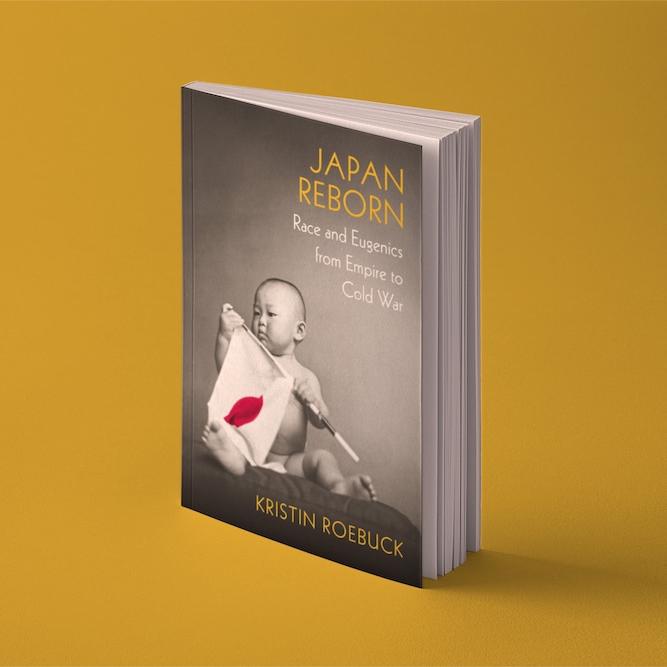
The new book explores what happened to “mixed blood” children born to Japanese women and foreign soldiers.
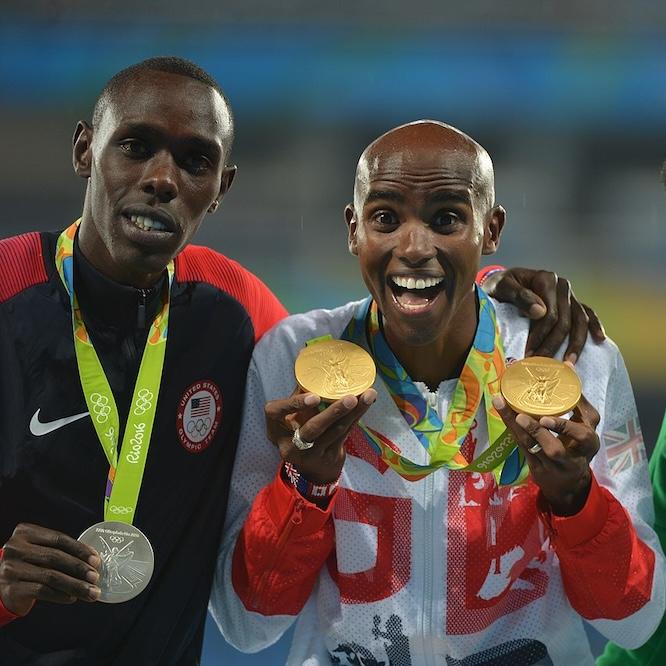
Bronze medalists often appear happier than their competitors who win silver, says Cornell psychology researcher Thomas Gilovich.
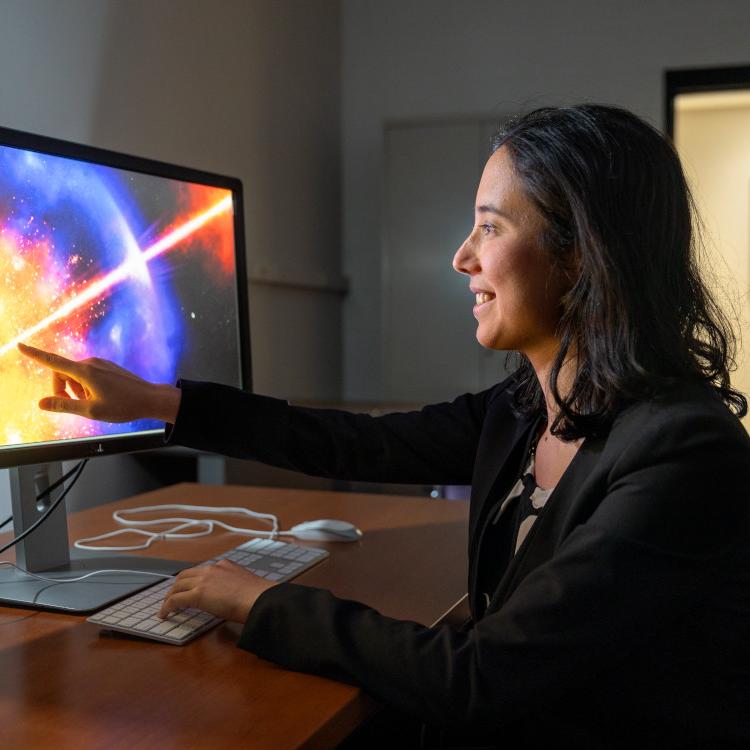
Ho is one of 24 early career scholars to receive $120,000 for proposals incorporating research and science education.

China's criticism of the United Kingdom’s move to expand its British National (Overseas) visa pathway for Hong Kong residents illustrates how governments courting Beijing, amid frustration with Washington’s volatility, can find engagement with China difficult to manage.
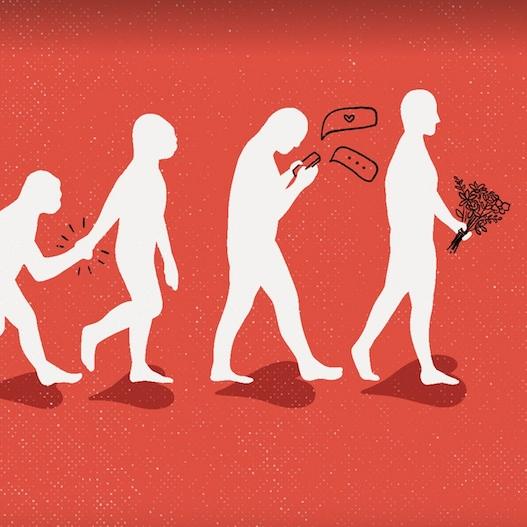
In a new book –released in time for Valentine’s Day – a psychologist alum offers hopeful insights for those looking for love
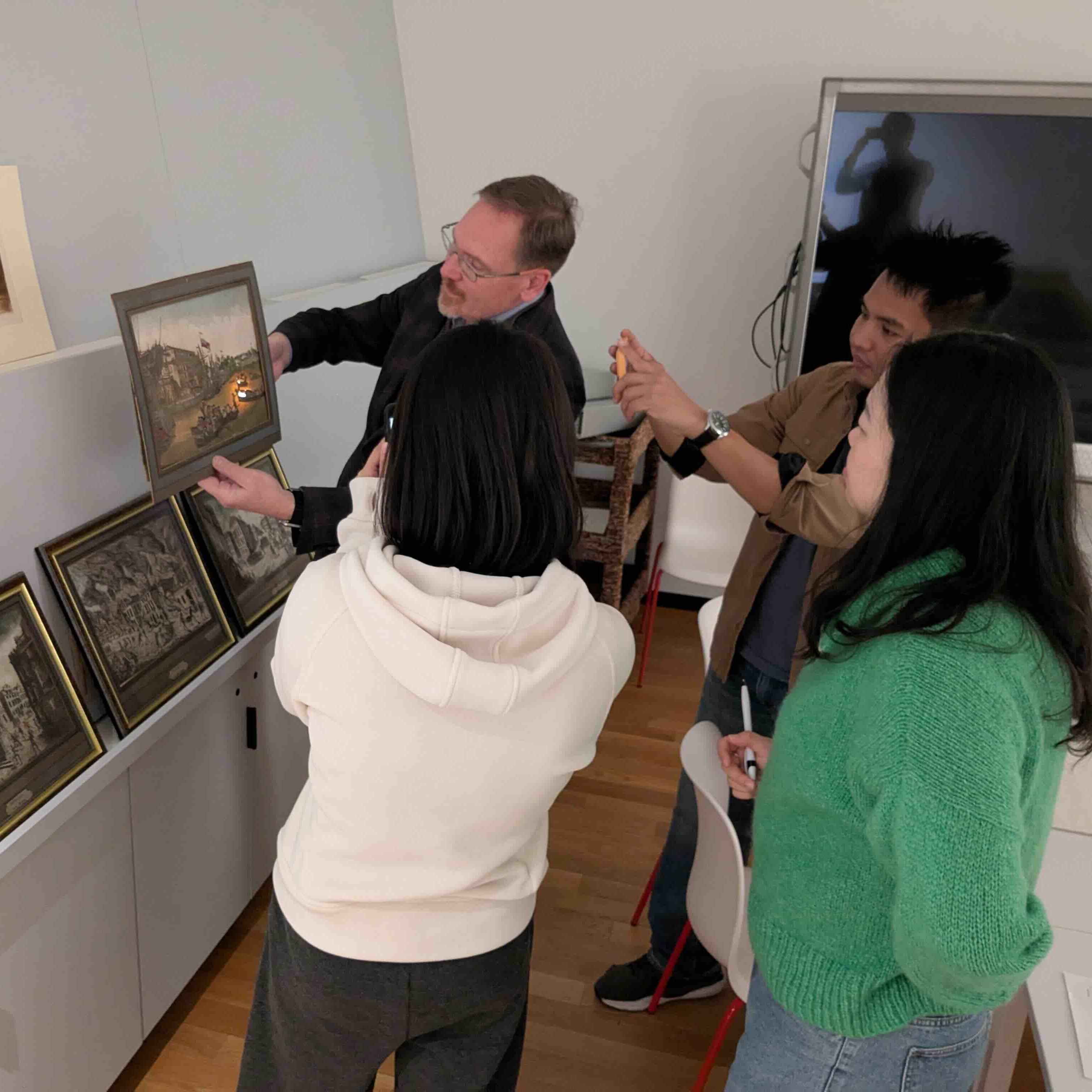

A new student-led installation at the Herbert F. Johnson Museum of Art explores the role of “staffage" figures.
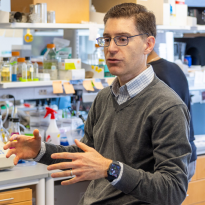

Cornell researchers have discovered a new way cells regulate how they respond to stress.
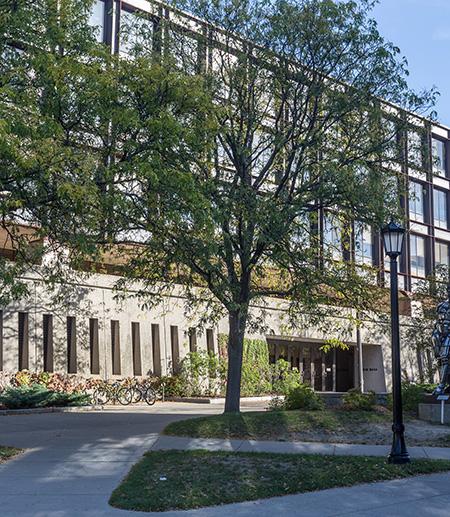
Gordon Pennycook and David Rand won the 2026 Newcomb Cleveland Prize from the American Association for the Advancement of Science.
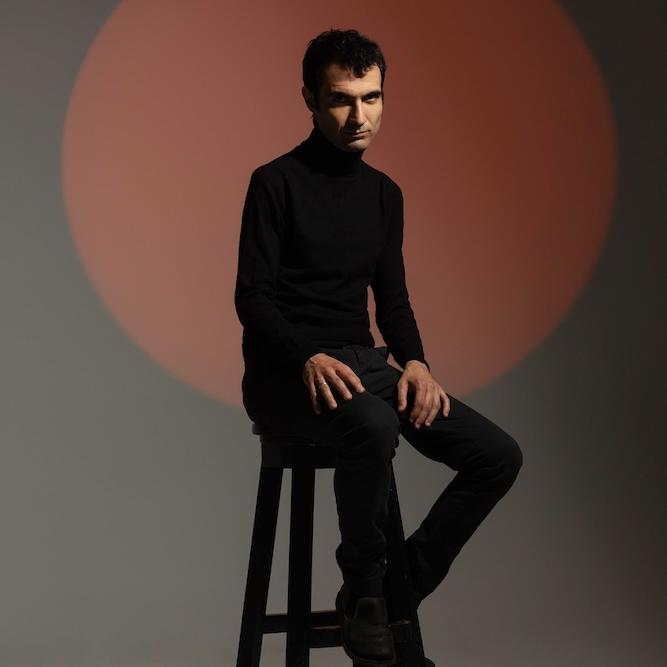
Released on Feb. 6 via Naïve Records, Hamasyan's album "Manifeste" marks a new chapter for one of the most visionary artists working at the intersection of jazz, progressive rock, and global music.
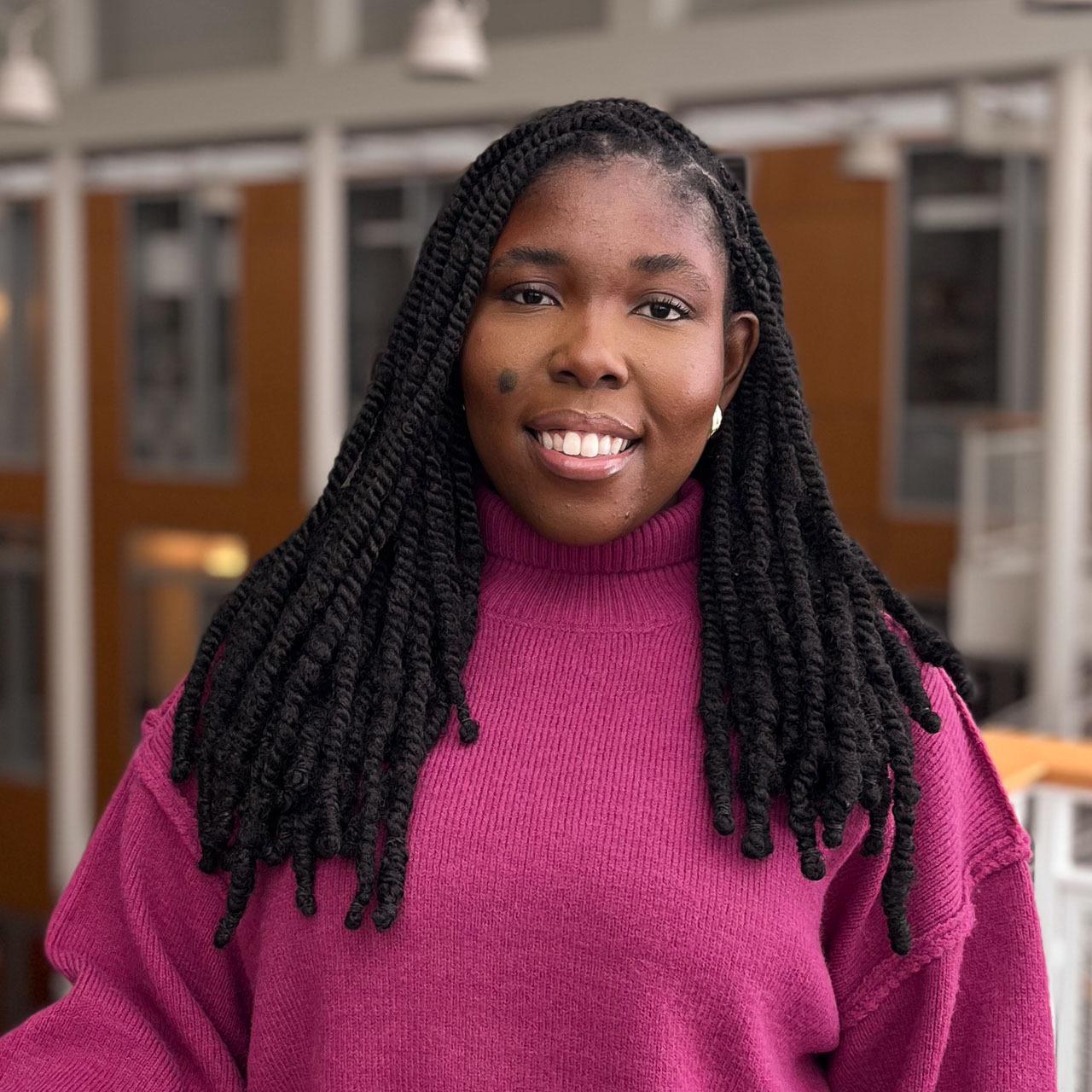
Katrina Greene '27 will be headed to Washington, D.C. as a John Robert Lewis Scholar, an award given by the Faith and Politics Institute.

Registration is now open for the two sessions of weeklong offerings, with the option to stay in a newly renovated Balch Hall
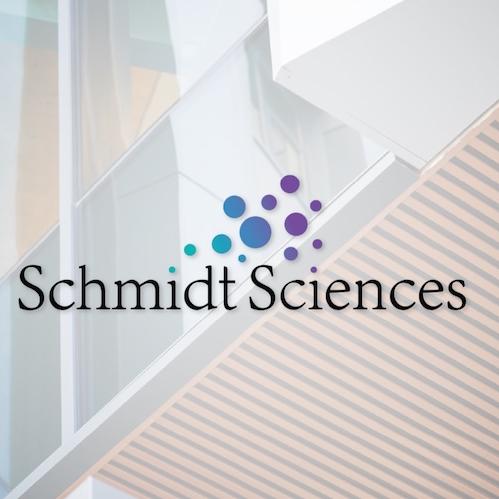
Cornell researchers interested in diverse topics ranging from peptide engineering and cellular metabolites to quantum physics and sustainable computing are among the newest cohort selected by the Eric and Wendy Schmidt AI in Science Postdoctoral Fellows program.
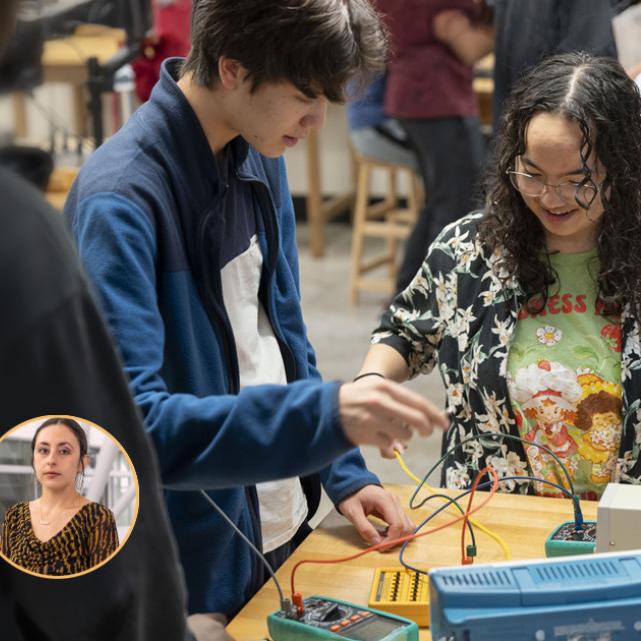

CTI’s “The Art of Teaching” series returns Feb. 11 with “The Art of the Lab.” Faculty panelists will share creative instructional approaches for designing student-centered laboratory experiences.
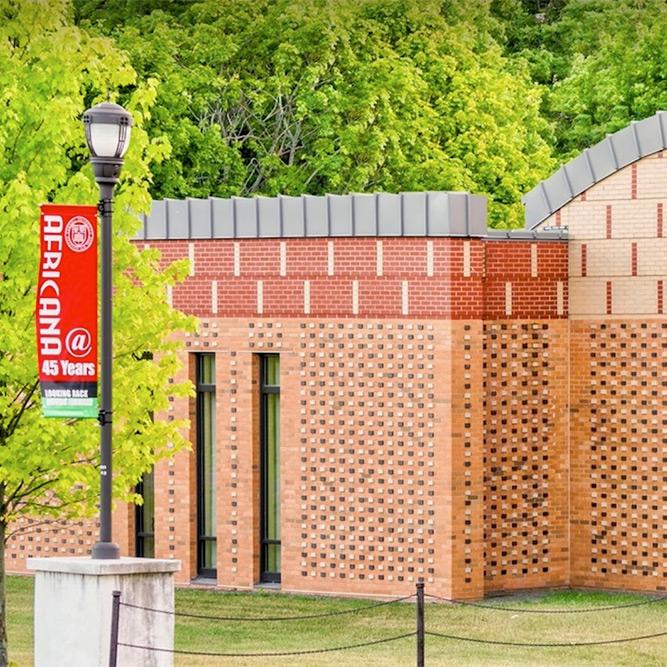
Olúfémi Táíwò, professor of Africana studies, shares insight into Nigeria’s President Bola Tinubu's deployment of an army battalion to central Kwara state after suspected jihadist fighters killed at least 170 people on Tuesday night, hours after the United States said it had a small number of troops in the country.

New York Times columnist Bret Stephens, New York Times White House correspondent Zolan Kanno-Youngs and ProPublica investigative reporter Keri Blakinger ’14 will visit Cornell this spring.
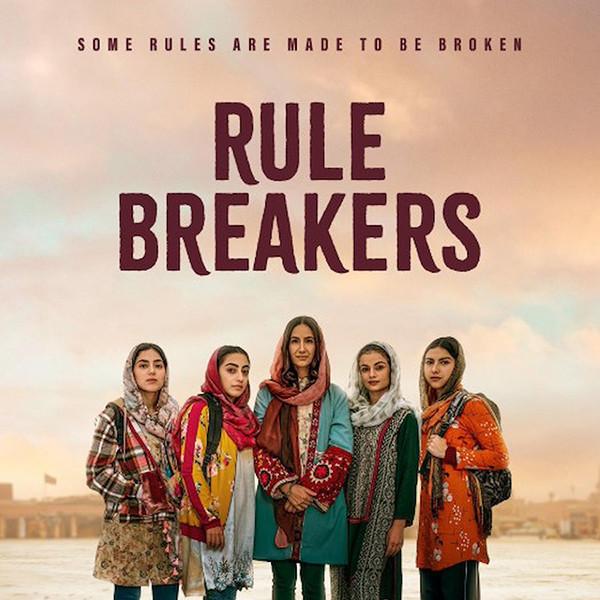

Cornell Cinema will present a screening of the documentary “Rule Breakers,” chronicling the founding of Afghanistan’s first all-girls robotics team, followed by a panel discussion and Q&A.
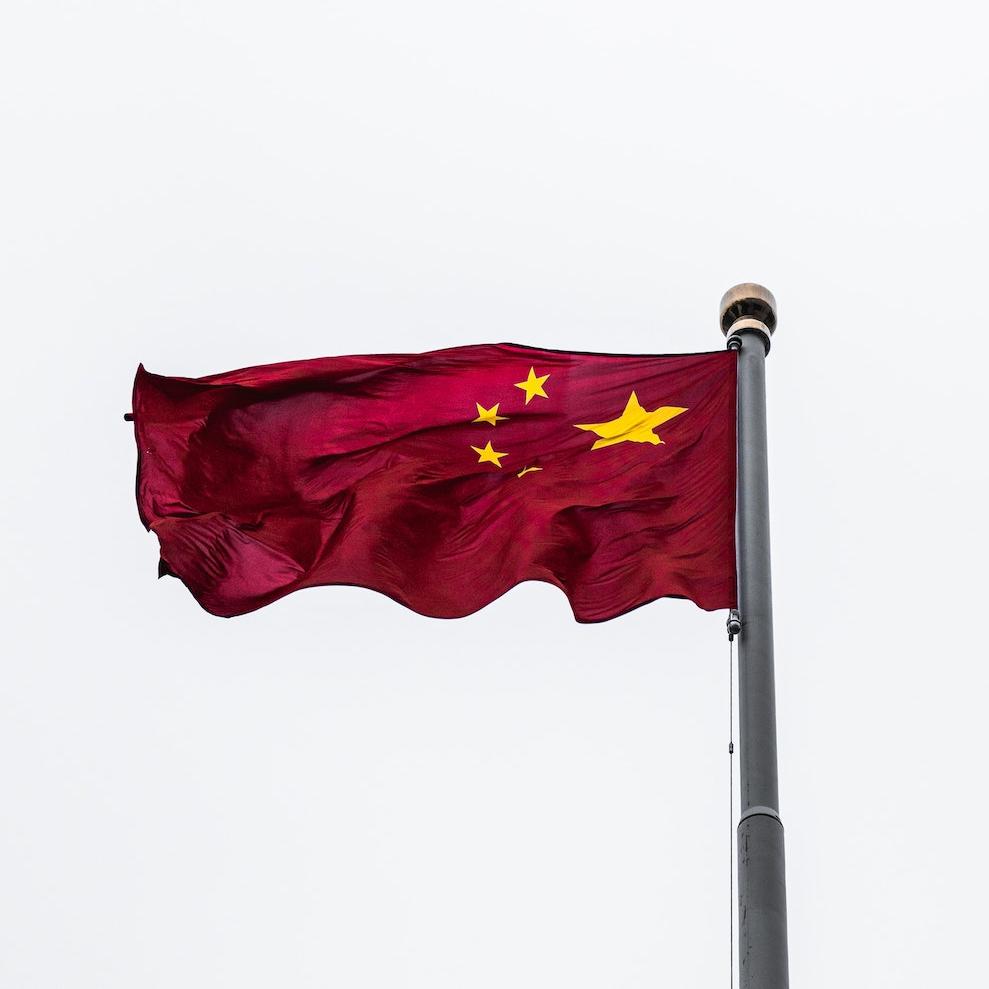

A Cornell student and two alumni have been named Schwarzman Scholars for the 2026-27 academic year and will spend it in a master’s program in global affairs at Beijing’s Tsinghua University.
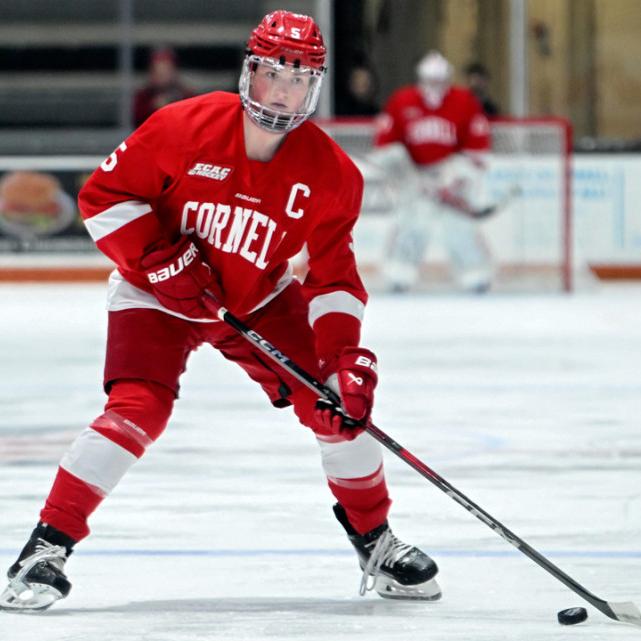

Players familiar to Cornell women’s hockey fans will take the ice when the puck drops at the 2026 Winter Olympics this week in Milan, Italy.

Events include film screenings, panel discussions and a concert by the Barbara & Richard T. Silver Wind Symphony.


Four Cornell faculty members are among 99 researchers across the U.S. who have been awarded grants by the U.S. Department of Energy as part of its Office of Science Early Career Research Program.
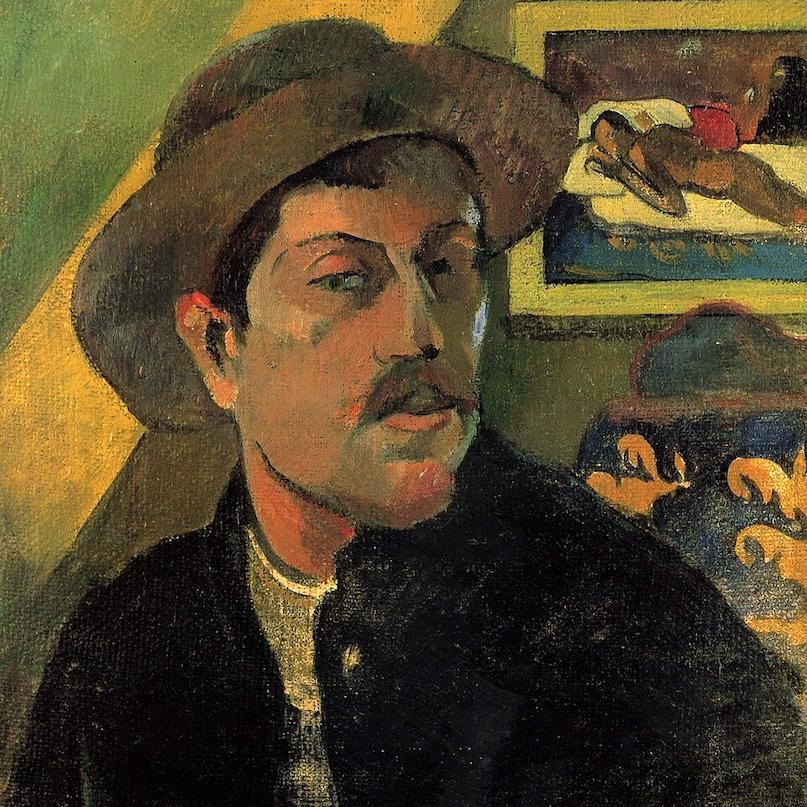
Psychology researcher Jordan Wylie and colleagues found that artistic excellence, rather than moral excellence, offers greater access to one’s true self.

The 12 early-career scholars will pursue research in the sciences, social sciences and humanities.
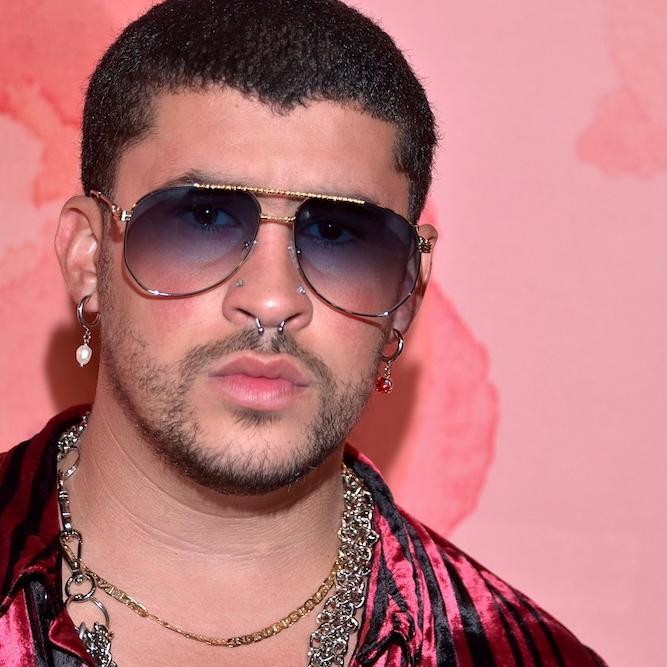
The first artist to win Album of the Year with a Spanish‑language album, Bad Bunny reflects the mainstreaming of Spanish language music and artistry, says professor Karen Jaime.
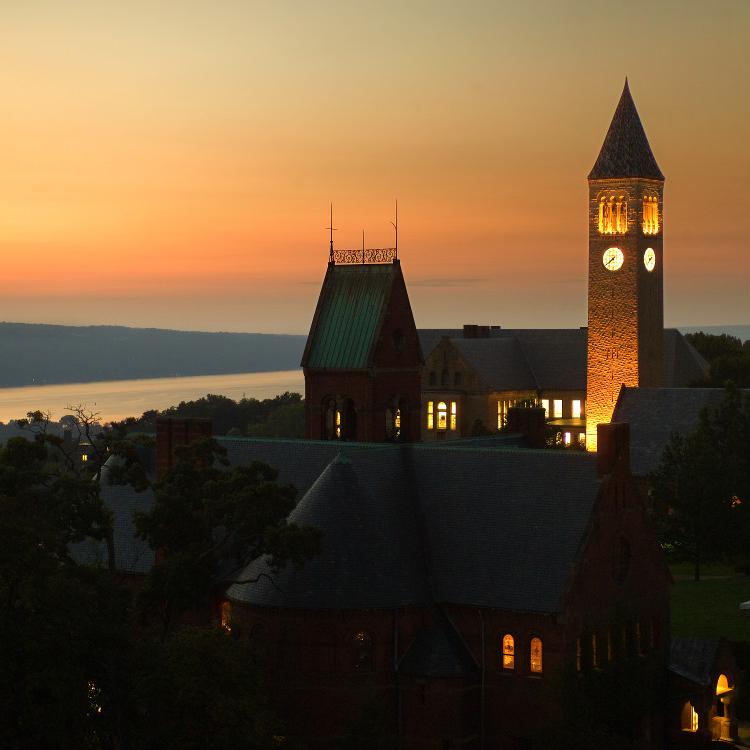

Four faculty from A&S have been awarded Cornell’s highest honors for graduate and undergraduate teaching.